Uterine cancer Treatment ....... رحم کے کینسر کا 20 دن میں علاج
What is uterine cancer?
Uterine cancer is a general term that describes cancers of your uterus:
Endometrial cancer develops in the endometrium, the inner lining of your uterus. It’s one of the most common gynecologic cancers — cancers affecting your reproductive system.
Uterine sarcoma develops in the myometrium, the muscle wall of your uterus. Uterine sarcomas are very rare.
Are endometrial cancer and uterine cancer the same?
Uterine cancer can refer to either endometrial cancer, uterine sarcoma or other rare forms of cancer that can arise in your uterus. But people often treat the terms “endometrial cancer” and “uterine cancer” the same. That’s because endometrial cancers are much more common than other cancers that can form in your uterus.
What does the uterus do?
The uterus is part of the reproductive system of people who are designated female at birth (DFAB), including cisgender women and nonbinary people with vaginas. It’s where a baby grows and develops during pregnancy.
The top part of your uterus is called the body or corpus. At the end of your uterus is your cervix, which connects your uterus to your vagina. Uterine cancer refers to cancer in the body of your uterus. Cancer in your cervix — cervical cancer — is a different type of cancer.
What does the endometrium do?
The endometrium is the inner layer of your uterus. It changes during your menstrual cycle.
A hormone called estrogen causes the endometrium to thicken in case of pregnancy. If no pregnancy occurs, your body produces less estrogen and more progesterone, a different hormone. When that happens, the endometrial lining sheds. That’s when periods take place.
Who’s at risk for uterine cancer?
There are several risk factors for endometrial cancer. Many of them relate to the balance between estrogen and progesterone. These risk factors include having obesity, a condition called polycystic ovarian syndrome (PCOS) or taking unopposed estrogen (taking estrogen without taking progesterone, too). A genetic disorder known as Lynch syndrome is another risk factor unrelated to hormones.
Risk factors include:
Age, lifestyle and family history:
Age: As you get older, your likelihood of developing uterine cancer increases. Most uterine cancers occur after age 50.
Diet high in animal fat: A high-fat diet can increase your risk of several cancers, including uterine cancer. Fatty foods are also high in calories, which can lead to obesity. Extra weight is a uterine cancer risk factor.
Family history: Some parents pass on genetic mutations (changes) for hereditary nonpolyposis colorectal cancer (HNPCC). This inherited condition raises the risk for a range of cancers, including endometrial cancer.
Other conditions:
Diabetes: This disease is often related to obesity, a risk factor for cancer. But some studies suggest a more direct tie between diabetes and uterine cancer as well.
Obesity (having excess body weight): Some hormones get changed to estrogen by fat tissue, raising uterine cancer risk. The higher the amount of fat tissue, the greater the effect on estrogen levels.
Ovarian diseases: People who have certain ovarian tumors have high estrogen levels and low progesterone levels. These hormone changes can increase uterine cancer risk.
What are the symptoms of uterine cancer?
Signs of uterine cancer can resemble those of many conditions. That’s especially true of other conditions affecting reproductive organs. If you notice unusual pain, leaking or bleeding, talk to your healthcare provider. An accurate diagnosis is important so you can get the proper treatment.
Symptoms of endometrial cancer or uterine sarcoma include:
Vaginal bleeding between periods before menopause.
Vaginal bleeding or spotting postmenopause, even a slight amount.
Lower abdominal pain or cramping in your pelvis, just below your belly.
Thin white or clear vaginal discharge if you’re postmenopausal.
Extremely prolonged, heavy or frequent vaginal bleeding if you’re older than 40.
Your particular treatment plan depends on the type of cancer and your overall health. visit NAVEED e SHiFA
#naveedeshifa
-
Category

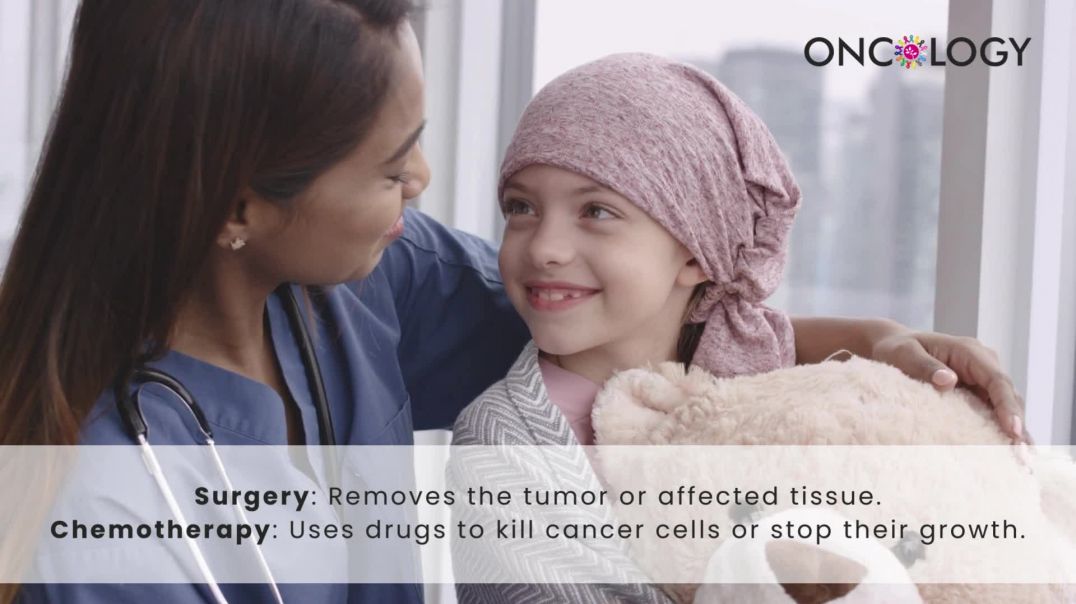

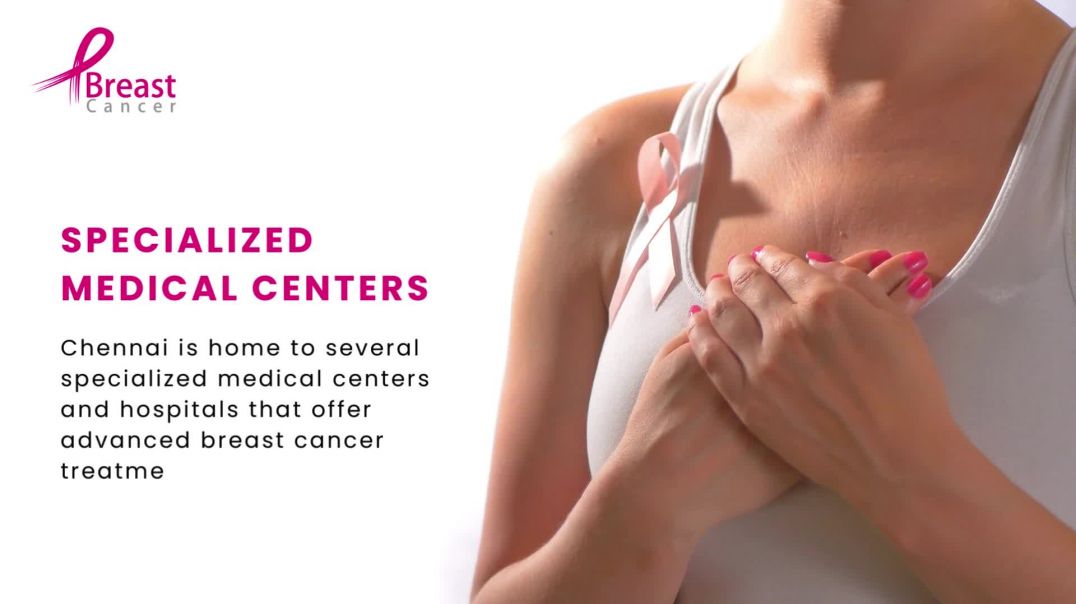

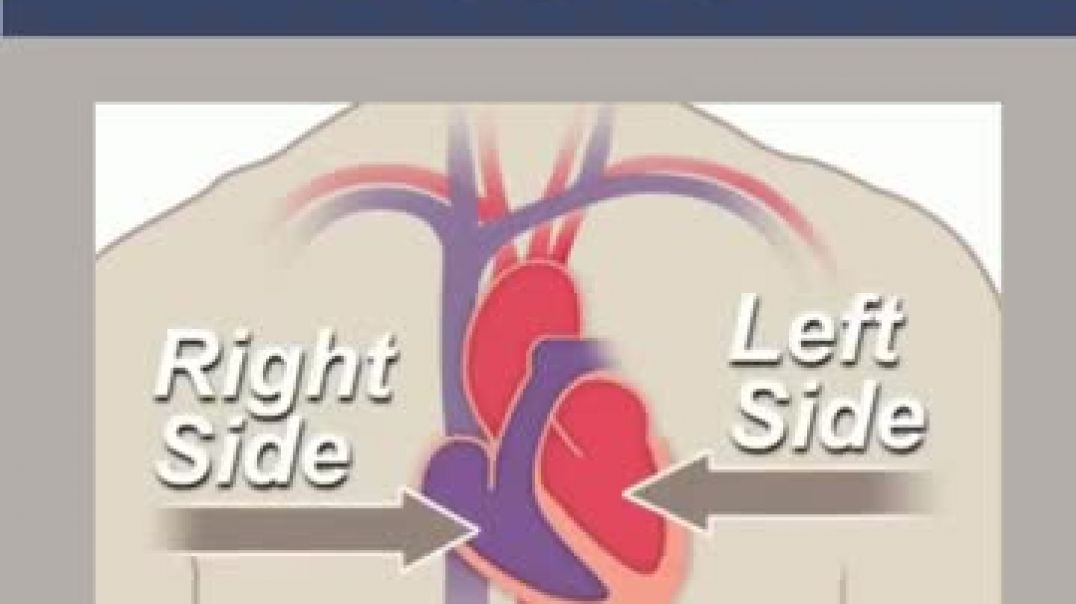

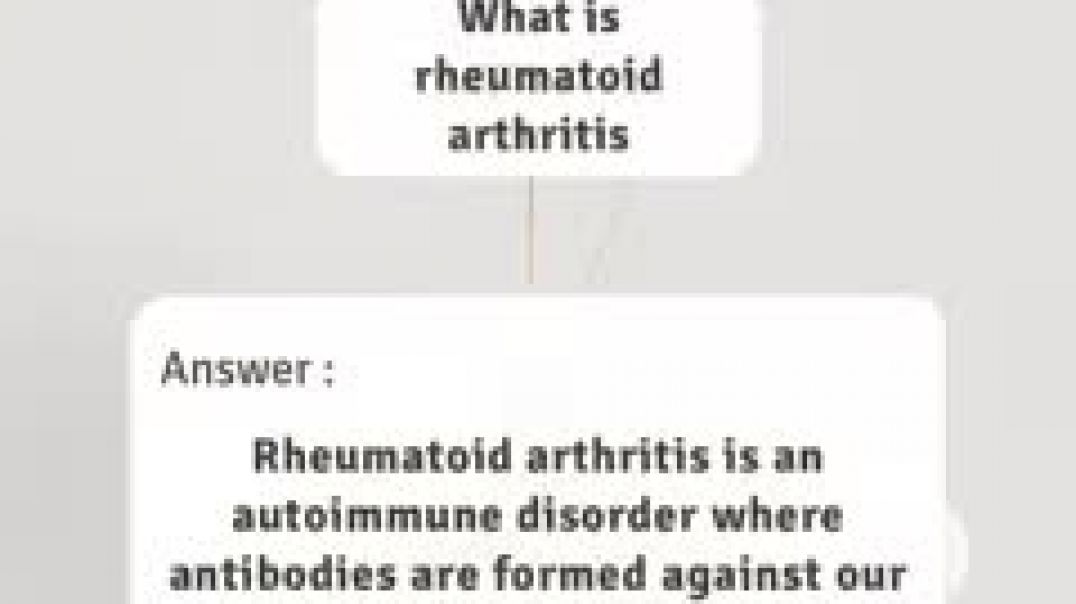
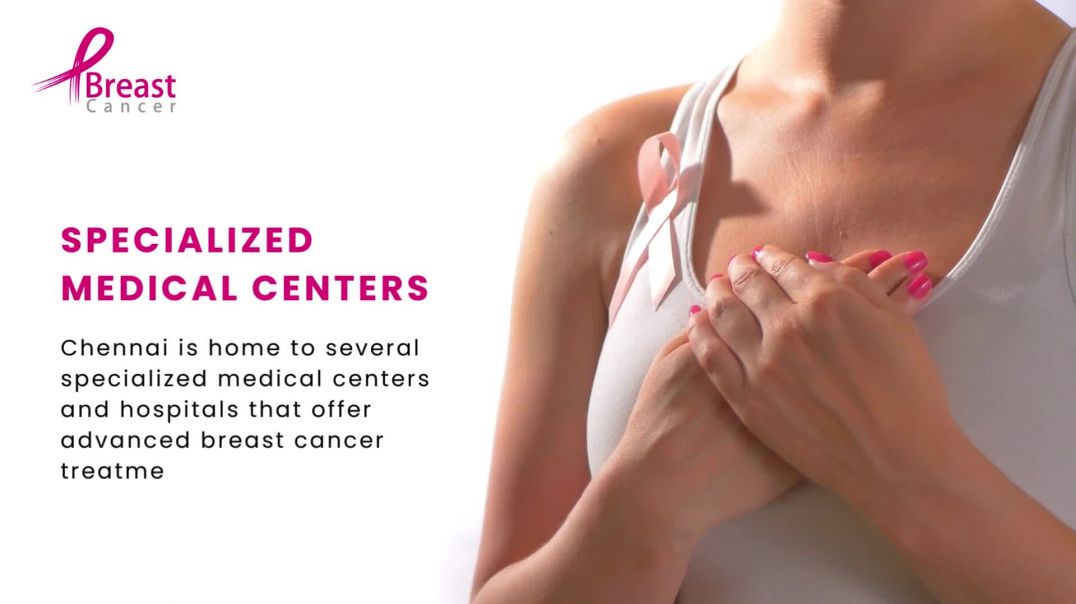













No comments found